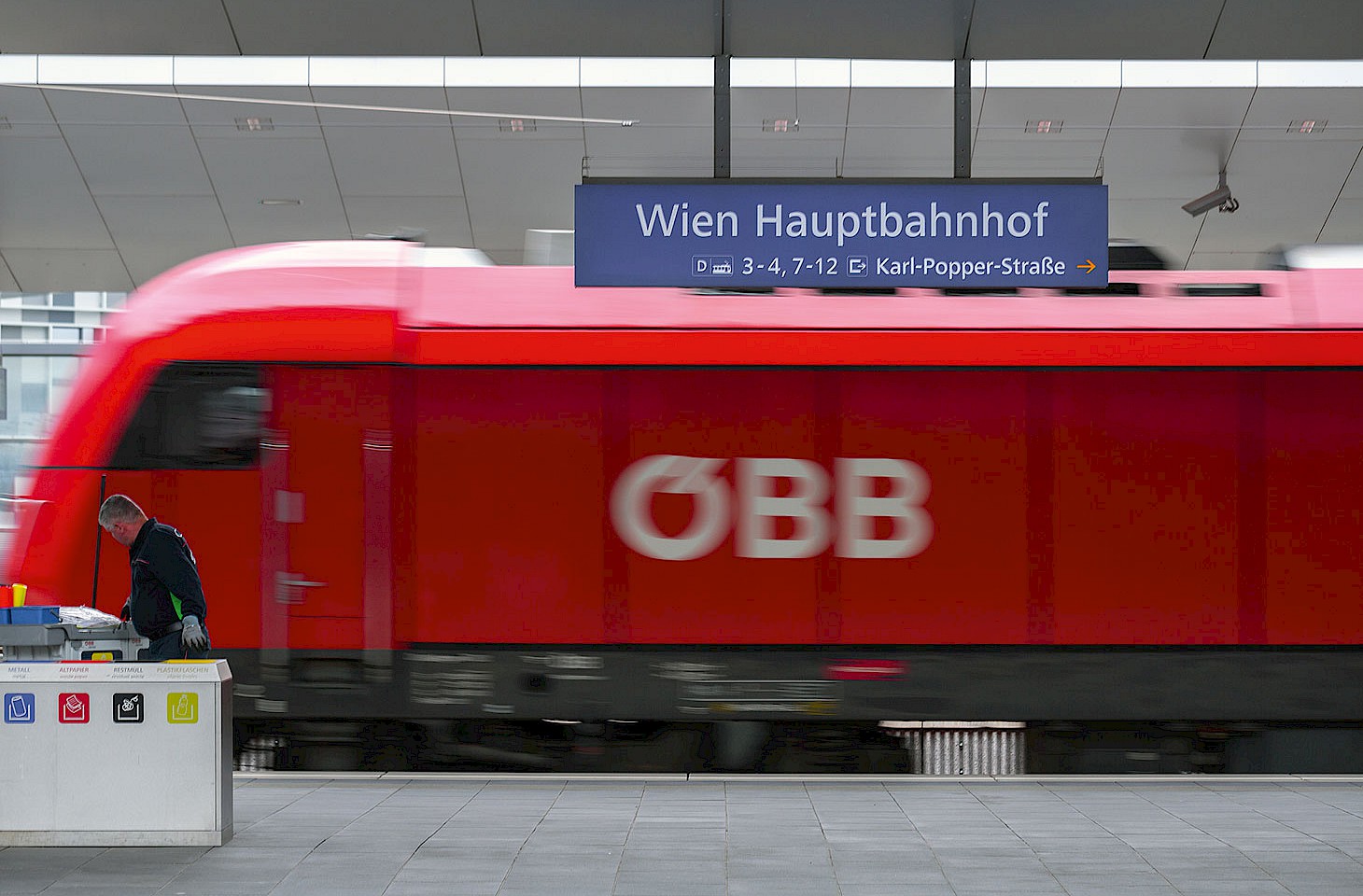Zakopane in southern Poland is one of the most engaging mountain resorts in the Carpathians. The small town under the shadow of the Tatra mountains has a special place in the Polish soul, with stories of Zakopane and the surrounding hills informing Polish music, songs and folklore. In a precursor to Europe's national park movement (see preceding article), a conservation movement called Towarzystwo Tatrzanski (the Tatra Society) was founded in Zakopane in 1873. Its members recorded and protected the flora and fauna of the region, and campaigned with some success against environmental exploitation. They succeeded for example in persuading many large landowners to abandon exploitative forestry practices.
In the early nineteen thirties, the mountain region around Zakopane was clear front runner to become Poland's first national park.


